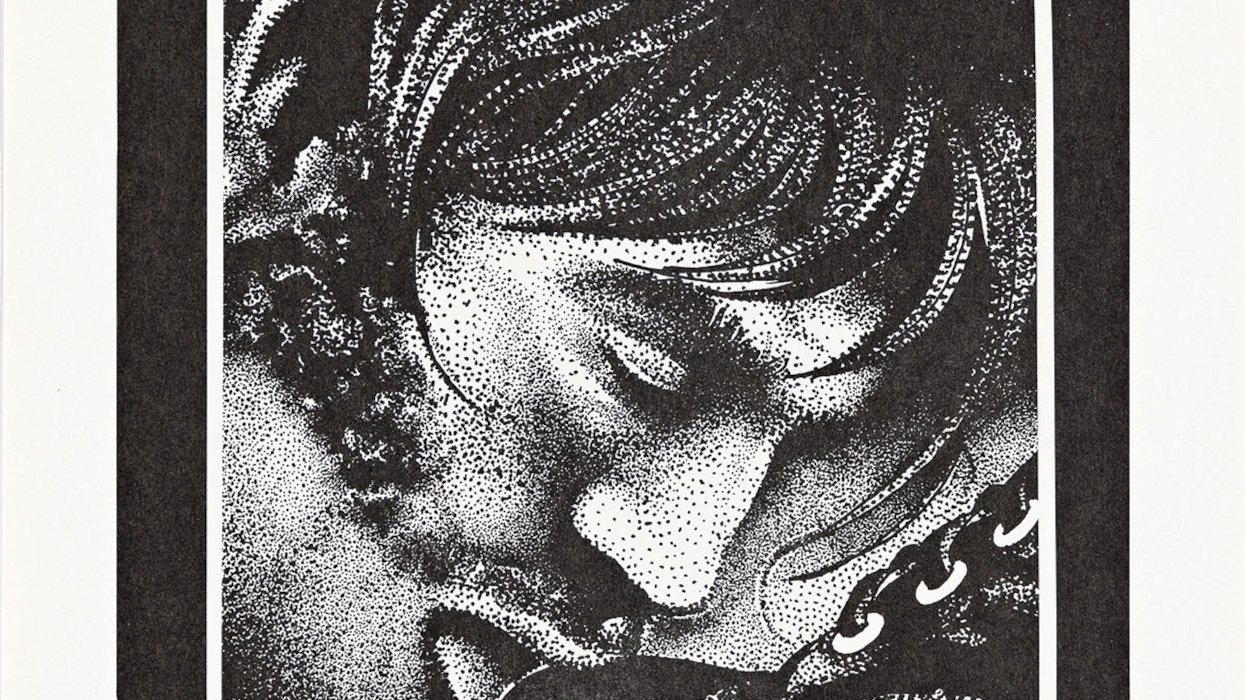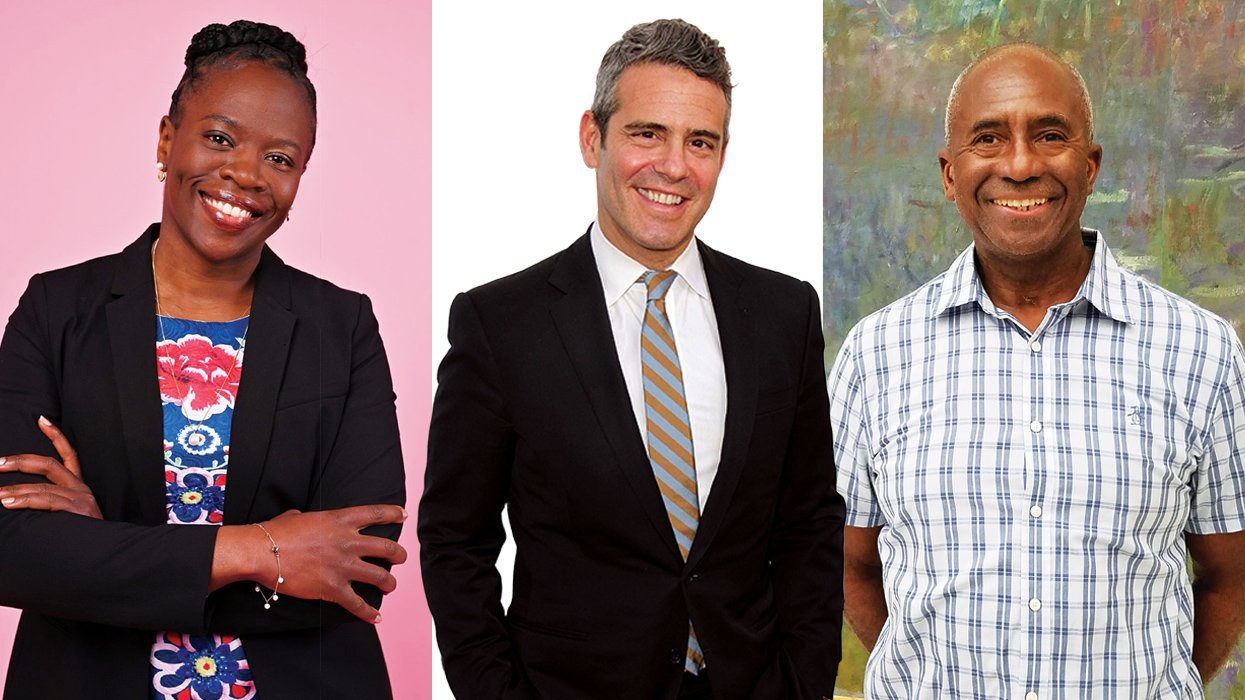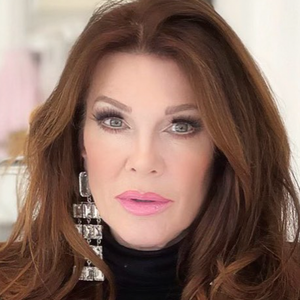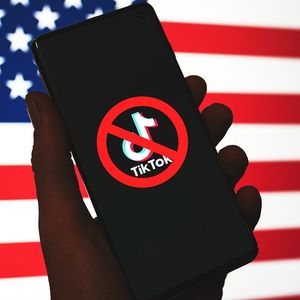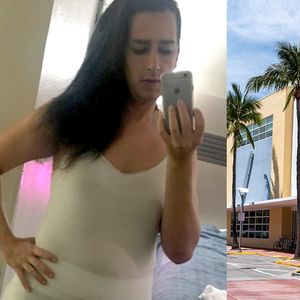With proper treatment, being HIV-positive is a manageable, chronic condition like lupus, diabetes, or asthma. You might need to exercise caution with some of your regular activities.
Unless you had other health conditions prior to diagnosis, you’ll likely see a physician more than you did before because it’s vital that you monitor your health closely. Regular visits with your HIV health care provider will keep you up to date on everything concerning your health.
You should speak with your doctor about changes that need to be made to your diet, exercise regimen, and use of alcohol, prescription medicines, and recreational drugs.
If drugs were a factor in your transmission (there’s a link between crystal meth use and HIV transmission, for example), your doctor might recommend, and you should consider, going to rehab. Recreational drug use and chemsex can be extremely hard on the immune system and yours is alreayd compromised.
You may also tire more easily, be more prone to infections, have medical side effects you didn’t have before.
But hands down, the biggest change in your daily routine will be taking daily oral HIV medication, at least until long-acting injectibles are on the market. HIV medication requires strict adherence to the prescribed daily dosage, and the drugs sometimes have side effects, which you should share with your doctor. Getting the right treatment may take some testing.
Open communication with your doctor will ensure that you are fully equipped to handle the changes in your life.



